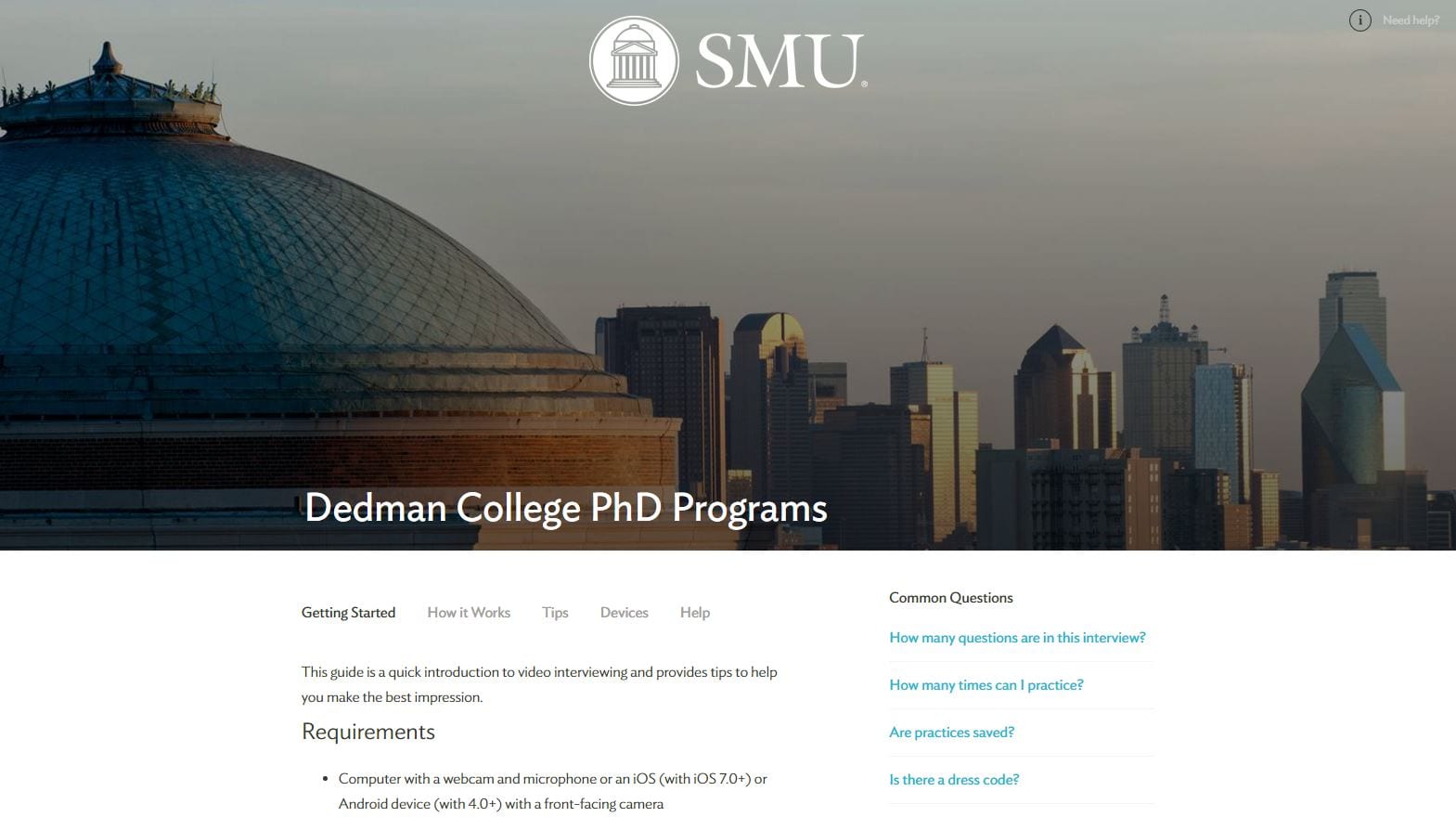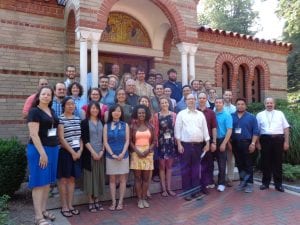The research of SMU Anthopology Ph.D. student (and Fulbright-Hays Fellow) Kerri Brown is taking her all over the world. Learn more about her fieldwork in Brazil and how she is making new discoveries as she becomes part of the local communities there.
I came to Rio de Janeiro one year ago to start ethnographic fieldwork for my dissertation. I had done short research stints in Rio three times before — two or three months at a time in the summers — but no amount of preliminary research, coursework, or proposal writing could have fully prepared me for the challenges of longterm fieldwork.
My specialty within anthropology is medical anthropology, which is the study of how social, cultural, and/or biological factors collectively influence human disease and illness. Medical anthropologists study everything from birthing practices, to HIV/AIDS policies, to how “suffering” is defined in different cultural contexts. My research is on how recent policies dealing with traditional medicine are affecting the traditional populations that they often target. Specifically, my work focuses on Afro-Brazilian groups, who are increasingly gaining an array of political rights.
The best way to describe anthropological fieldwork is “messy.” My research topic is broad in the sense that there are several ways to approach it, and several levels at which to analyze it. The “policies” that I’m referring to, for example, are both national and international, and span the sectors of human rights, the environment, and health. But my research is also narrow in that it focuses on a very particular group and topic, both of which are constantly being redefined and contested.
So, arriving in a metropolitan area of 12 million people to explore these issues was no easy task. What kinds of events should I attend? How do I find those events? What kinds of people should I talk to? What kinds of social groups should I be involved with? How should I balance reading and dissecting policies with doing on-the-ground work? Creativity, flexibility, and an open mind are indispensable. Many of my days consist of going to public events and/or demonstrations that are related to my research topic, and speaking to attendees and organizers. Other days consist of simply hanging out with research participants, conversing with them naturally about a variety of topics in spaces of their choosing. After I explain my research to people, conversations often lead to invitations to events, places, and even to their homes. It is in these moments and spaces that I gain the most valuable on-the-ground perspectives.

Perhaps the most gratifying moments of field research are the ones that come as complete surprises. I can never truly predict where or how I’ll meet people who will become significant to my research. An early example of this was when I was volunteering at media literacy workshops at a local NGO. After I mentioned my research to one of the workshop participants, she told me about a community traditional medicine pharmacy that she frequented in her neighborhood. She invited me to the pharmacy, which ended up being heavily involved in questions of traditional medicine policies. It was at that pharmacy that I first began to understand the disconnect between how communities organize around traditional medicine and how policies approach traditional medicine. It was also there that I learned that the use of traditional medicine is often related to a lack of government healthcare services in marginalized communities.
I often use these surprises as gauges: How relevant is my research topic in the daily lives of people in my field sites? Is it a topic that is hardly ever discussed, a topic that is prevalent but stays in the background, or one that is of constant focus? In the example above, my participation in a media literacy workshop, although not obviously related to my specific research topic, led to important information and research connections. The social networks and guiding questions of my research therefore end up looking quite organic. It is often the stories themselves of forming relationships in the field that are telling of larger societal and cultural patterns. Later this month I’ll move on to the second part of my research in the Amazon region of the country, which has a completely different social and geographical landscape from Rio. I look forward to the nervous excitement that navigating new landscapes will bring.






